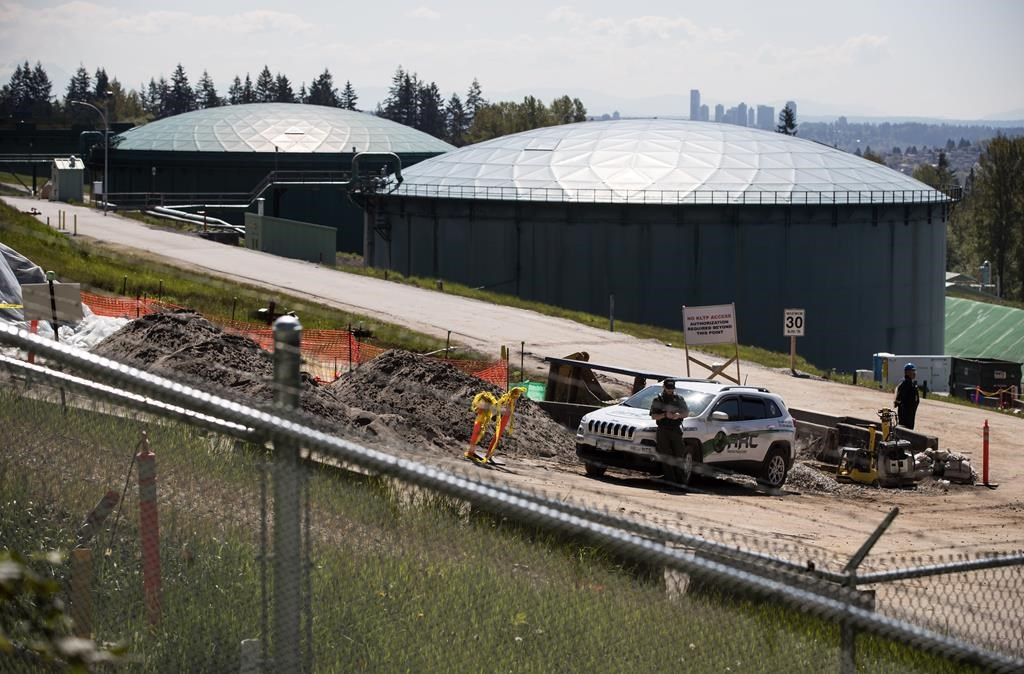“Think of climate obstructionism in Alberta today as a three-legged stool. Postmedia and commentators like Smith are one leg, the Kenney government is another, and fossil fuel industry lobby groups are the third.”

Photo: Shawn Cahill/Creative Commons
It is an irony, though not a particularly satisfying one to observe, that while Premier Jason Kenney’s United Conservative Party government moves swiftly to repeal Alberta’s carbon tax, the province is aflame, with more than 5,000 Albertans required to leave homes and communities in imminent danger of destruction.
It is only May. The leaves on most of the elm trees on my street in St. Albert have not even appeared yet. In other words, it’s barely spring. God only knows what things will be like around here by midsummer. Smoky, I imagine.
Well, get used to it. It gets harder by the day to deny the reality of global climate change. One of the effects of this inconvenient fact on Alberta’s part of our planet is that there are going to be more frequent and more severe forest fires — the kind that destroyed large swaths of the town of Slave Lake in 2011, Fort McMurray in 2016, and which are now threatening High Level.
“Fire driven weather is ‘new reality’ for Canada and elsewhere, expert cautions,” said the headline on the news summary of an episode yesterday of The Current, CBC Radio’s daily news analysis program hosted by Anna Maria Tremonti.
Tremonti’s interview with Ed Struzik, author of Firestorm: How Wildfire Will Shape Our Future and a fellow of the Queen’s Institute for Energy and Environmental Policy, was playing on the car radio as I drove to work. Fire-caused weather that results in dynamic, fast moving fires is “the new reality,” Struzik was saying. “We saw it in B.C. in the last two years, and Alberta the year before, Waterton National Park. Ontario got hit hard last year. I think this is what we’re going to be seeing more of every summer.”
Bill 1, An Act to Repeal the Carbon Tax, was introduced in the provincial legislature on Wednesday and will take effect on May 30. A federal carbon tax will likely replace it, although Kenney has vowed to fight that in the courts. The position of this bill atop of the government’s radical agenda is intentionally symbolic and tells you everything you need to know about where Kenney really stands on climate change. MORE





 — Greta Thunberg (@GretaThunberg)
— Greta Thunberg (@GretaThunberg) 
